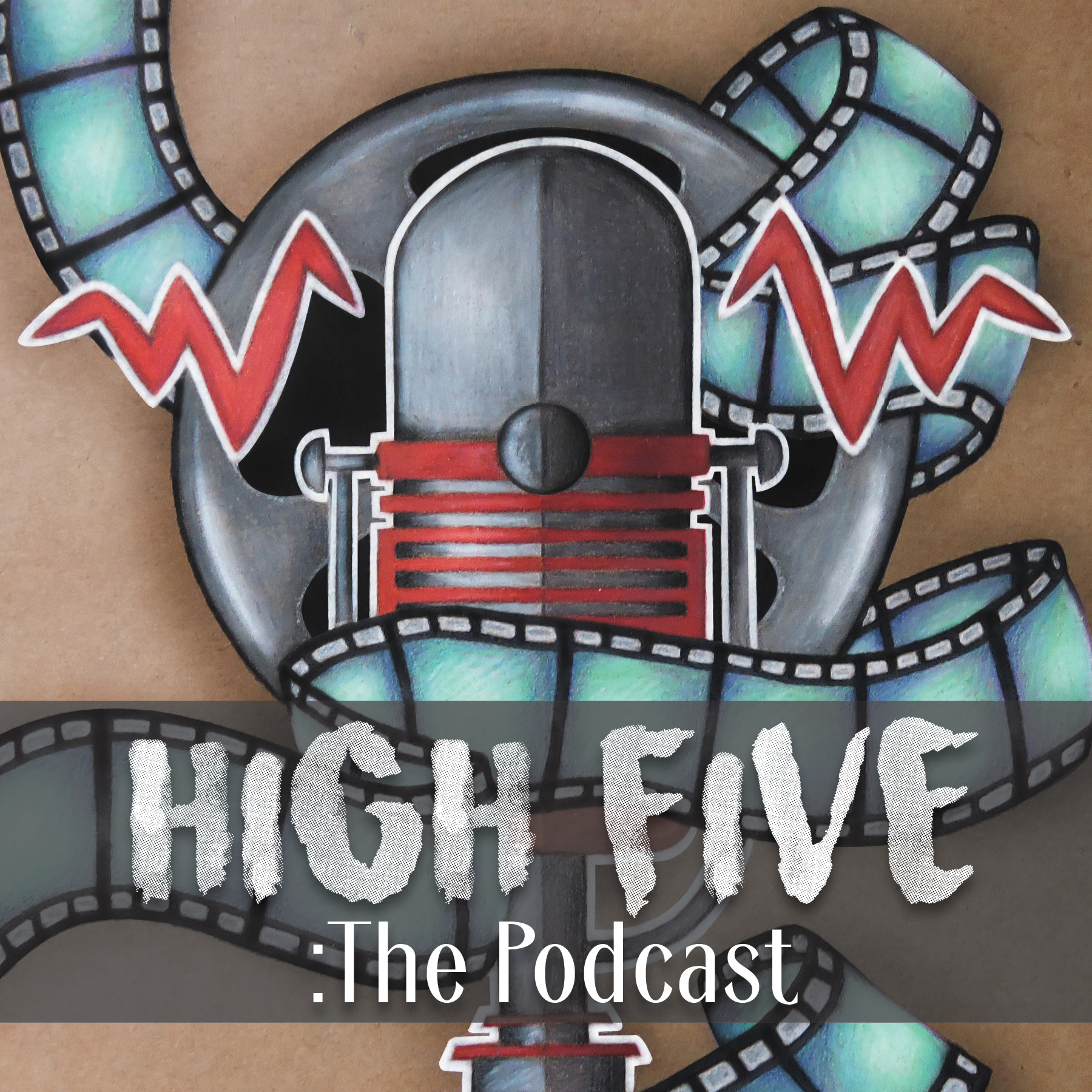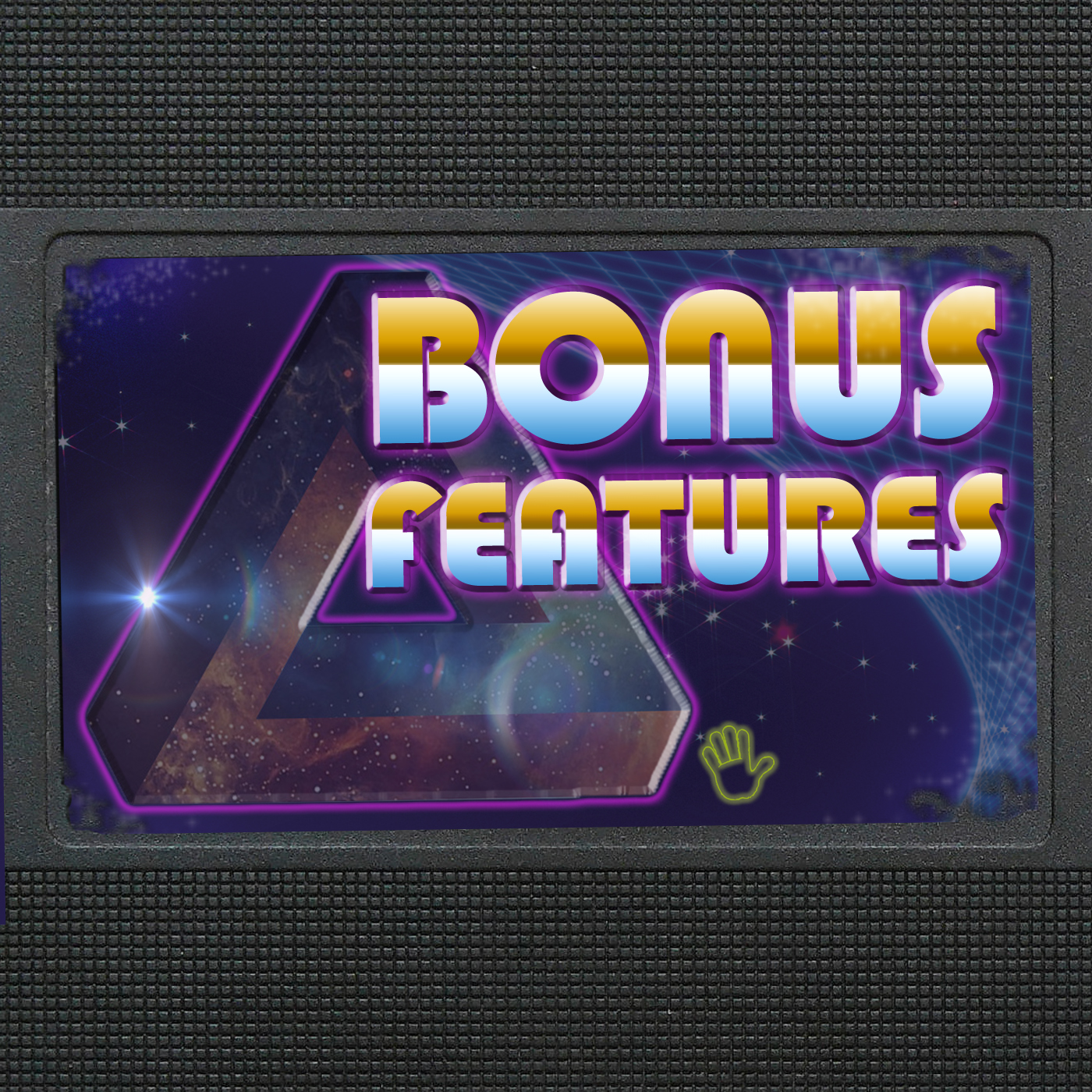Welcome to the Cory C.O.R.N.E.R. (critical observation regarding neo-entertainment, respectfully), a time where your resident know-it-all cinephile, a multi-time Scene-It champion and only slightly-annoying dinner guest, shares his thoughts on whatever movie-ness needs to be movie’d.
Always remember these three things: The Monstars needed more practice; the Ewoks tried to eat Han Solo; I’d take a selfie with Ant-Man.
This week, Cory meets up with Jojo Rabbit to assess if the film’s edgy satire stands on its own two feet and sees if the return to the world of The Shining is worth booking a room.
JOJO RABBIT

If you’re wondering if Takia Waititi’s high-wire satire Jojo Rabbit is, you have to know that you’re going to find scenes in this in which a young Nazi boy is comforted by his imaginary friend, Adolf Hitler. If you need to rub your eyes and readjust your computer screen, we’ll understand.
This deeply risky endeavor mixes Waititi’s deadpan humor with a pertinent ode to the rigors of truth and empathy in the face of ignorance and hatred. It works much better than you’d expect. It’s easy to lampoon the ludicrous views of the Third Reich, and it’s been done many, many times before (perhaps never as effacingly and embarrassingly as Mel Brooks’ The Producers). Brooks’ film felt deeply provocative, a knife lunge of shockingly humor for its time. Waititi doesn’t have the urgency Brooks had, but in a post-Charlottesville society, his film’s messages of anti-hate absolutely ring true.
Jojo Rabbit’s ultimate success comes from understanding why Waititi chose such broad humor to tell this story. The film is a guffaw away from being deeply distasteful but never fully crosses that boundary. That’s perhaps why it works so well. We laugh, sure, but we know what we’re laughing at, why it’s funny and why Waititi and company chose to tell this story the way they did. It winds up being affecting and moral in a very dignified way without ever sacrificing Waititi’s patented snark. Some chuckled at this being dubbed an “anti-hate satire” in the film’s marketing, but that feels pretty dead on when you think about it, and a deep compliment. Few films that have a literal representation of Adolf Hitler for comical purposes could carry such heavy themes and stick them into the ground to grow. This is a good one.
DOCTOR SLEEP

Mike Flanagan, the rising horror master behind the beloved Netflix series The Haunting of Hill House, has done what no filmmaker has done before. He’s made Stephen King like a movie about the Overlook Hotel. His latest film, Doctor Sleep, is essentially the sequel to The Shining no one ever thought we’d get, but it’s a completely different beast entirely. Whereas the original is a descent into madness, this newest film is a rise from the ashes. We get a look at what little Danny has turned out to be, and how he uses his “shining” abilities to help a young girl with his same ability when forces of evil begin to surface.
This film deals with the pangs of alcoholism much more than Stanley Kubrick did and brings back more optimism to this still-dark story. No one left Kubrick’s film feeling like a hundred bucks, but Flanagan stages more of a battle between good and evil here, akin to what King wanted to do with the novel that inspired this one. Clocking in at two-and-a-half hours, Flanagan takes his time to build the world, familiarize us with the characters and story and creep in that austere atmosphere that marked the original and keeps it one of the most terrifying visions in horror history.
The world will shine again, and for the better. Doctor Sleep doesn’t quite reach the macabre malevolence of the original, nor does it seek to. It wants to take viewers on a different journey in a familiar world, and it’s very much a journey worth taking.








